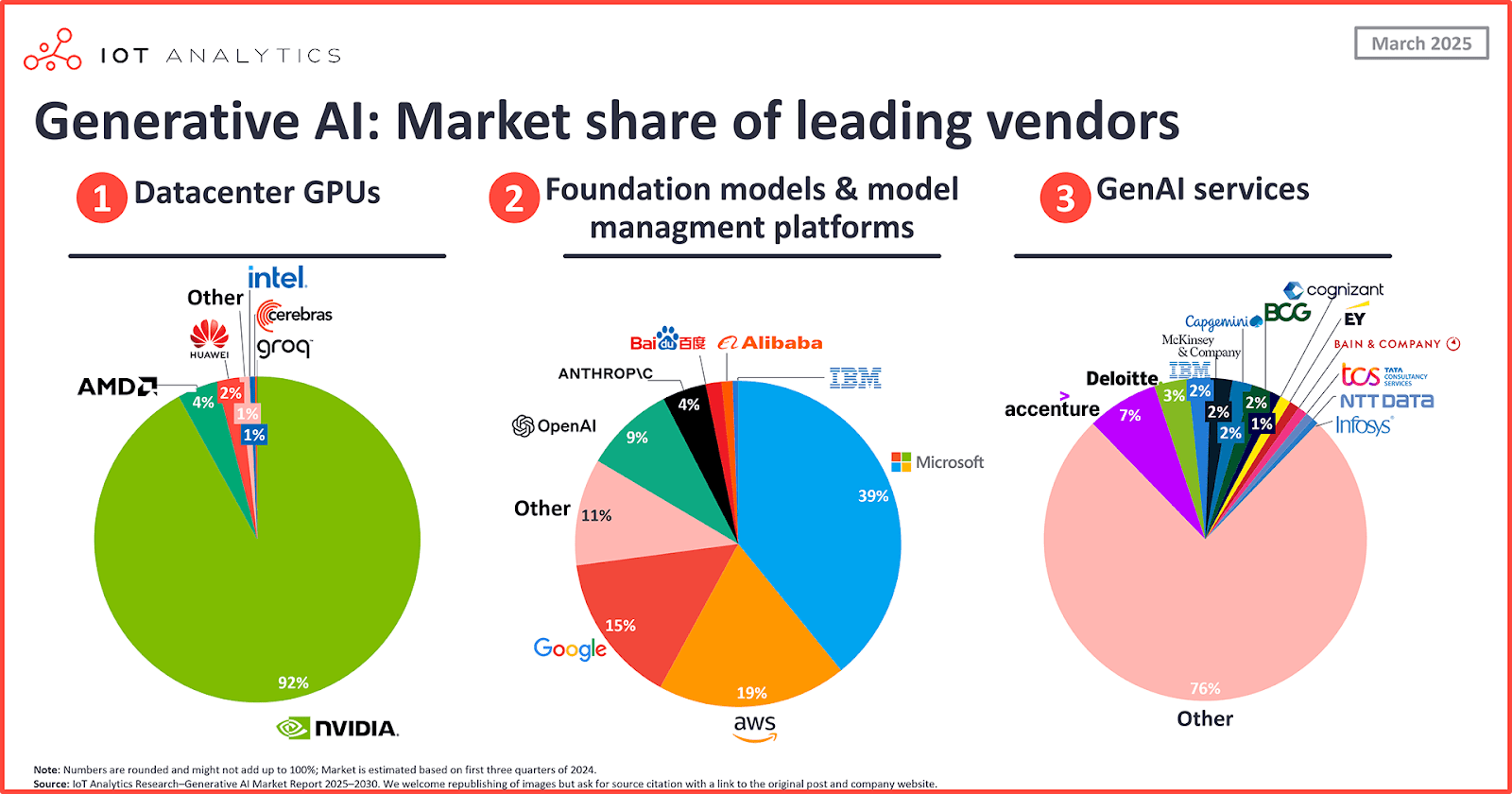AMD struck its biggest AI deal yet Monday morning, securing a 6 gigawatt GPU contract with OpenAI. The partnership gives OpenAI the option to acquire up to 160 million AMD shares—roughly 10% of the company—while AMD commits to delivering its next-generation Instinct MI450 chips starting in late 2026.
The deal comes just two weeks after Nvidia announced its own $100 billion partnership with OpenAI for 10 gigawatts of compute capacity. OpenAI's dual-supplier strategy reflects a calculated hedge: The ChatGPT maker needs 16 gigawatts total to power its infrastructure ambitions, and relying solely on Nvidia carries too much risk in a market where GPU shortages have become routine.
AMD CEO Lisa Su called it "the world's most ambitious AI buildout," projecting tens of billions in revenue over the next four years, according to CNN. The warrant structure ties AMD's payoff directly to execution—shares vest as OpenAI scales from one gigawatt to the full six, with additional triggers linked to AMD hitting specific stock price targets that climb as high as $600 per share.
Wall Street's reaction was immediate. AMD shares opened at $226 in Monday trading, up from Friday's close of $164.67 while hitting its highest price in at least a year and a half. At the current price of $207, it's up more than 25% on the day.
Nvidia, on the other hand, fell 1% on the news.
The hardware battle is won with software
OpenAI is burning through capital at an unprecedented rate, with projected losses hitting billions despite expected revenue of $12.7 billion in 2025 according to Bloomberg. The company needs cheaper alternatives to Nvidia's premium-priced chips, which currently controls roughly 70%–95% of the data center AI accelerator market according to estimations.

Source: IoT Analytics
AMD's MI450 series promises competitive specs—greater memory capacity than Nvidia's Blackwell chips and comparable performance on large language model benchmarks. But hardware is only half the equation. AMD's ROCm software platform, its answer to Nvidia's CUDA, remains the company's Achilles heel.
CUDA has spent 18 years becoming the industry standard, with five million developers and seamless integration across PyTorch, TensorFlow, and every major AI framework.
ROCm, despite being open-source, suffers from a broken out-of-the-box experience which AI developers don’t want to deal with. For example, recent testing by SemiAnalysis found AMD's MI300X chips couldn't run standard models without extensive debugging, with researchers calling the software "riddled with bugs."
The software gap explains why AMD is practically giving away equity to land this deal. While Nvidia commands premium prices based on CUDA's reliability, AMD has to sweeten the pot with warrants and promises of joint development.
The broader chip wars are intensifying. Elon Musk's xAI plans to spend $12 billion on Nvidia GPUs for its Memphis supercomputer. Google continues developing its TPUs. Amazon pushes its Trainium chips. And OpenAI itself is reportedly working with Broadcom on a $10 billion custom "Titan XPU" chip for inference, targeting production in 2026.
The economics driving this shift are stark. A single Nvidia GB300 NVL72 rack costs roughly $3 million. OpenAI's infrastructure roadmap calls for 23 gigawatts of capacity, translating to hundreds of billions in hardware costs. Custom chips and alternative suppliers like AMD offer potential savings of 30-50% per compute unit.
For AMD, landing OpenAI validates its AI ambitions after years of playing catch-up. The company's data center revenue hit $3.24 billion last quarter, up 14% year-over-year. But until ROCm matches CUDA's stability, AMD will struggle to convert this marquee win into broader market share.
This, of course, can be easier to achieve now that OpenAI is sitting at the table with AMD executives, owning 10% of the company. OpenAI's engineering resources can help close that gap, but most customers won't have that luxury.
Meanwhile, Nvidia keeps its 80% market share and premium pricing—for now.
免责声明:本文章仅代表作者个人观点,不代表本平台的立场和观点。本文章仅供信息分享,不构成对任何人的任何投资建议。用户与作者之间的任何争议,与本平台无关。如网页中刊载的文章或图片涉及侵权,请提供相关的权利证明和身份证明发送邮件到support@aicoin.com,本平台相关工作人员将会进行核查。




